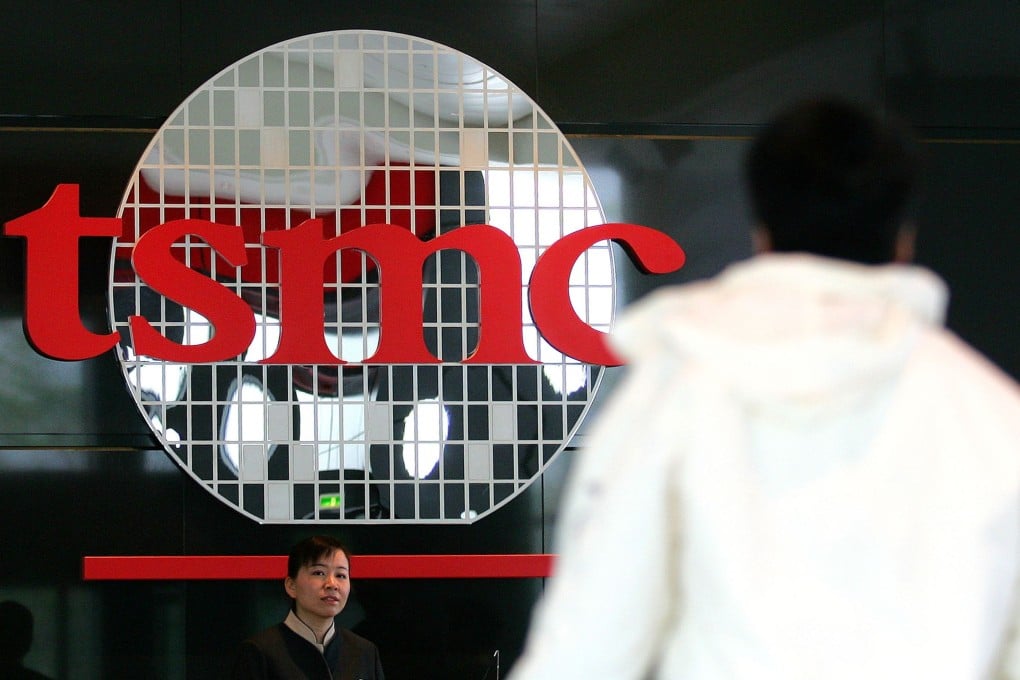TSMC’s Japan fab to begin construction in 2022, as firm says overall chip capacity could remain tight for rest of year
- TSMC’s new specialty technology fab in Japan is being widely watched as it comes at a time when the global semiconductor industry is realigning
- Amid a supply crunch in the global chip industry, CEO says TSMC – as a whole – will remain subject to tight capacity

Taiwan Semiconductor Manufacturing Co (TSMC) is scheduled to start construction of a new fab in Japan next year and begin mass production there in 2024, according to the chief executive of the world’s top chip maker.
TSMC’s CEO C.C. Wei said at a press conference on Thursday that the Japan fab project, which will use mature 22-nanometre and 28-nanometre technologies, has received Tokyo’s blessing. “We have received strong commitments from both our customers and the Japanese government,” said Wei.
TSMC’s new specialty technology fab in Japan is being widely watched as it comes at a time when the global semiconductor industry is realigning amid rising geopolitical tensions between China and the US. Washington, Beijing, Europe and Japan are all looking to boost local chip production capabilities.
Wei’s comments partly confirmed a Nikkei report that TSMC and Japan’s Sony Group were considering construction of a chip factory in Kumamoto in southern Japan, with the Japanese government providing up to half the investment of around 800 billion yen (US$7.15 billion).
Wei said its planned Japan fab, which will mainly target the production of chips for the automotive sector, is still awaiting TSMC board approval.
“Given the end markets, mature nodes make sense for Japan,” said Sravan Kundojjala, a senior analyst at Strategy Analytics. “The company appears to be more open now than before in terms of geo-expansion for advanced node manufacturing outside Taiwan.”

06:01
There’s a global semiconductor shortage and this is why it matters